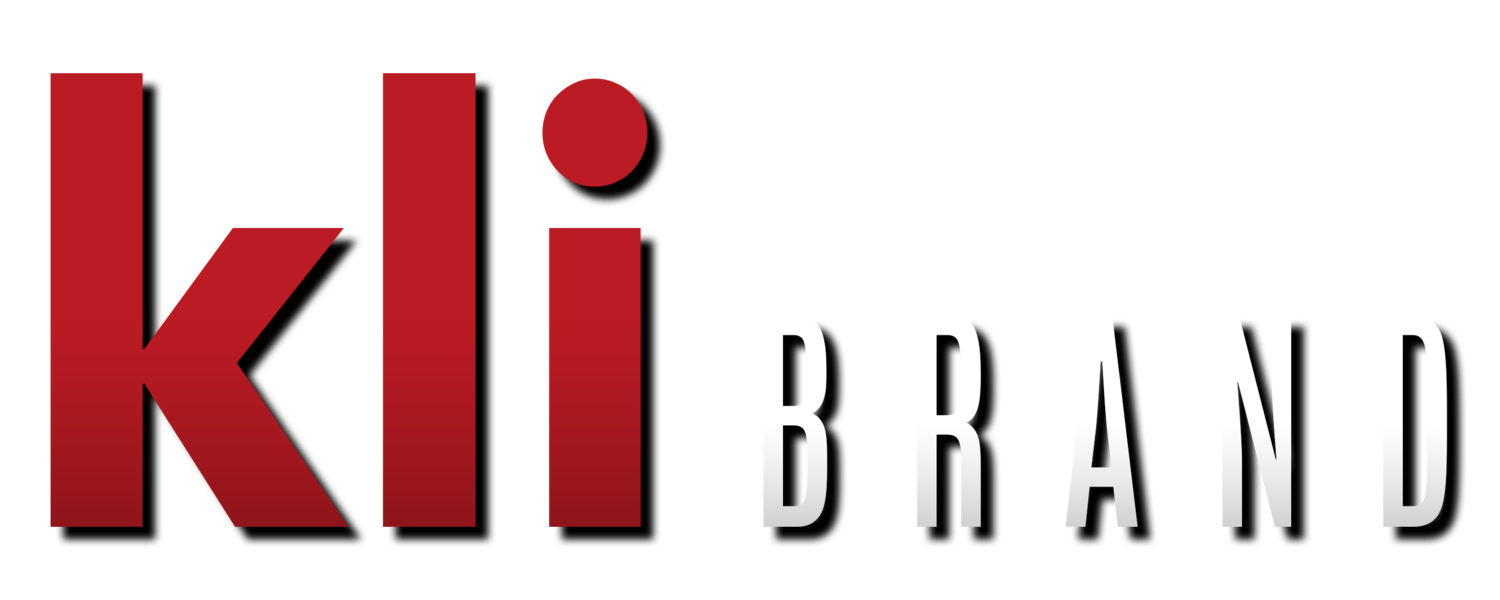Coaching Techniques to Elevate Your Team
Effective coaching is essential for fostering talent and driving success. As a business owner you play a crucial role in shaping your team’s performance and growth. This post will explore practical coaching techniques that can enhance your leadership skills, improve communication, and create a supportive environment for your team.
The Power of Effective Listening
One of the fundamental techniques in coaching is effective listening. It's not just about hearing what someone says; it's about understanding their feelings, thoughts, and challenges. When you actively listen, you make your team members feel valued and heard. This sets the stage for open and honest communication, which is vital in any coaching relationship.
Here are some tips for improving your listening skills:
Be Present: Give your full attention to the person speaking. Put away distractions like phones or laptops to show that you value their input.
Use Body Language: Nod your head or maintain eye contact to signal that you are engaged in the conversation.
Reflect and Clarify: After someone shares their thoughts, paraphrase what they’ve said to confirm your understanding. For example, you might say, “So what I hear you saying is that you’re feeling overwhelmed with your workload, right?”
Asking the Right Questions
Asking the right questions is a powerful coaching technique that can guide your team members toward self-discovery. Instead of jumping in with solutions, focus on helping them explore their thoughts and feelings. Open-ended questions can encourage deeper thinking and reflection.
Consider these examples:
“What challenges are you currently facing in your role?”
“What do you think could help you overcome these obstacles?”
“How do you see your strengths contributing to the team's success?”
By encouraging your team to think critically and share their insights, you empower them to take ownership of their development.
The Importance of Feedback
Feedback is a cornerstone of effective coaching. Providing constructive feedback helps team members understand their performance and areas for improvement. It’s crucial to approach feedback with a positive mindset, focusing on growth rather than criticism.
Here’s how to provide meaningful feedback:
Be Specific: Instead of saying, “You need to improve,” explain exactly what needs improvement and why it matters. For instance, “I noticed you’ve been arriving late to our meetings. This affects our team’s productivity because we rely on everyone being present to discuss important topics.”
Balance Positive and Negative Feedback: Use the sandwich method to balance your feedback. Start with something positive, address the area of improvement, and then end on a positive note. This can make it easier for your team to receive and act on your feedback.
Set Clear Goals: After providing feedback, collaborate with your team member to set achievable goals. This creates a sense of direction and accountability.
Utilizing the GROW Model in Coaching
One effective framework for coaching is the GROW model, which stands for Goal, Reality, Options, and Will. This structured approach can help guide your coaching conversations, making them more focused and productive.
Goal
Start by identifying the specific goal that your team member wants to achieve. Encourage them to articulate their aspirations clearly. For instance, if Claire wants to improve her punctuality, ask her what that looks like in practice: “What does being on time mean for you?”
Reality
Next, explore the current reality. Discuss the challenges they’re facing in achieving their goal. This step helps both of you understand the context of the situation. Questions to ask might include:
“What’s preventing you from arriving on time?”
“How do you feel about your current workload?”
Options
Once you have a clear understanding of the goal and reality, brainstorm possible options for moving forward. Encourage your team members to think creatively about solutions. You might ask:
“What steps can you take to improve your punctuality?”
“Are there resources or support you need to help you achieve this goal?”
Will
Finally, solidify the commitment to action by discussing the “Will” aspect. Ask your team member what they are willing to do to reach their goal and by when. This step creates accountability and a timeline for follow-up. Questions could include:
“What is one specific action you can take this week to improve?”
“When will you check in with me about your progress?”
Creating a Supportive Environment
To be an effective coach, it’s essential to foster an environment that encourages growth and development. This involves being approachable and creating a culture of trust where team members feel safe sharing their thoughts and concerns.
Here are some strategies to create that supportive environment:
Encourage Open Dialogue: Regularly invite team members to share their ideas and feedback. This can be done through one-on-one meetings or team discussions.
Recognize Achievements: Celebrate both small and large victories to motivate your team. Acknowledging their hard work can boost morale and encourage continued effort.
Be Approachable: Make it clear that you are available for coaching and support. Sometimes, just being there to listen can make a significant difference.
Coaching is a vital skill for any leader looking to enhance team performance and foster a culture of development. By practicing effective listening, asking the right questions, providing meaningful feedback, and utilizing coaching models like GROW, you can empower your team to reach their full potential. Remember, the journey of coaching is not just about guiding your team; it's about creating a space where they feel valued and motivated to grow.
If you’re ready to dive deeper into these coaching techniques, check out our detailed YouTube video on how to coach your team to success. Start your journey to becoming a more effective coach today with practical insights and real-life examples that you can apply to your leadership style.

